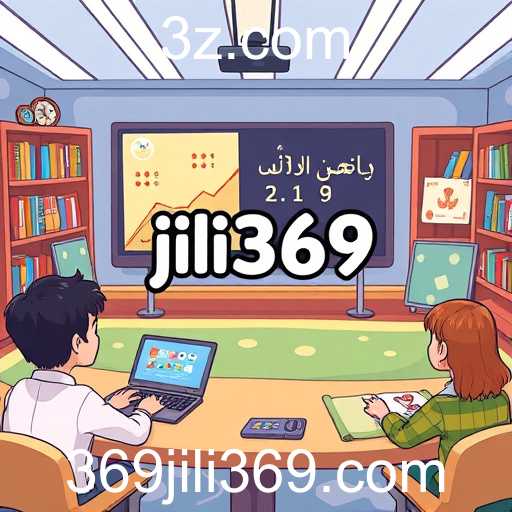This article delves into the impact of 'jili369' on the educational gaming landscape, examining how this keyword is shaping interactive learning experiences and influencing educational outcomes.
In the rapidly evolving world of educational technology, the integration of game-based learning platforms is proving to be a catalyst for more engaging and effective educational experiences. Among the myriad options available, 'jili369' emerges as a notable keyword within the 'Education' game category, drawing significant attention from educators and learners alike.
At its core, 'jili369' is more than just a keyword—it represents a suite of innovative educational games designed to foster an interactive and immersive learning environment. These games are grounded in the philosophy that learning should be as engaging as it is informative, a principle that resonates with traditional educational paradigms while pushing the boundaries of modern pedagogy.
One of the primary appeals of educational games under the 'jili369' banner is their ability to transform conventional learning modules into dynamic experiences. These games are strategically designed to target key learning objectives, ranging from basic arithmetic and language skills to complex problem-solving and critical thinking exercises. The interactive nature of these games ensures that learners are not passive recipients of information; rather, they are active participants in a continuous learning journey.
Moreover, the incorporation of rewards and incentives within 'jili369' games serves to motivate learners and sustain their interest over time. By gamifying the learning process, these educational tools capitalize on the innate human inclination towards play and competition, thus facilitating sustained engagement and better retention of information.
Another significant advantage is the adaptability of 'jili369' games. They cater to diverse learning styles and paces, offering personalized learning paths that accommodate slow and fast learners alike. This adaptability is crucial in a classroom setting where students have varying degrees of prior knowledge and differing levels of grasping new concepts.
Furthermore, the data-driven insights from 'jili369' game interactions provide educators with real-time feedback on learner progress, enabling more informed decision-making and tailored intervention strategies. Such insights are invaluable in adjusting teaching methodologies to address the unique challenges faced by each learner.
In conclusion, 'jili369' within the Education game category exemplifies the transformative potential of game-based learning in contemporary education. As we continue to explore and harness the capabilities of this approach, there is no doubt that educational games will play an increasingly pivotal role in shaping the future of learning, making it more inclusive, interactive, and effective for all.




